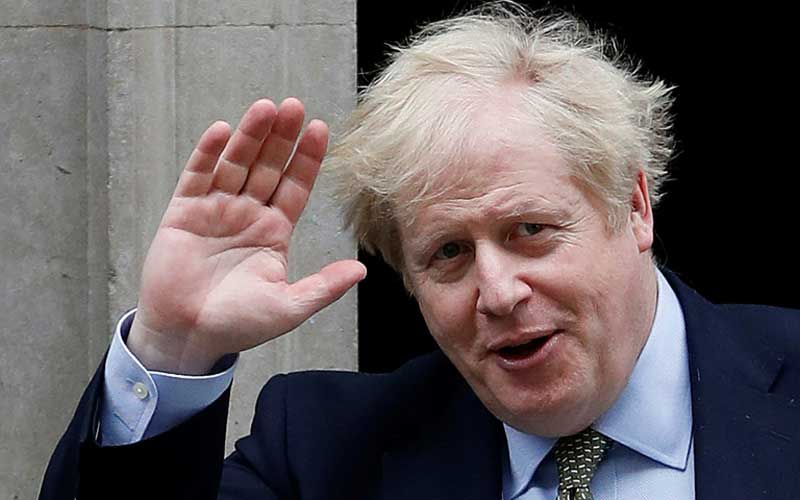×
The Standard e-Paper
Home To Bold Columnists

Britain's Prime Minister Boris Johnson was making "very good progress" on Saturday in his recovery in hospital from coronavirus, officials said, as the country's deaths toll from the disease approached the grim milestone of 10,000.
The 55-year-old leader was spending his second full day out of intensive care at London's St Thomas' Hospital, where he has been able to take short walks between periods of rest, according to Downing Street.